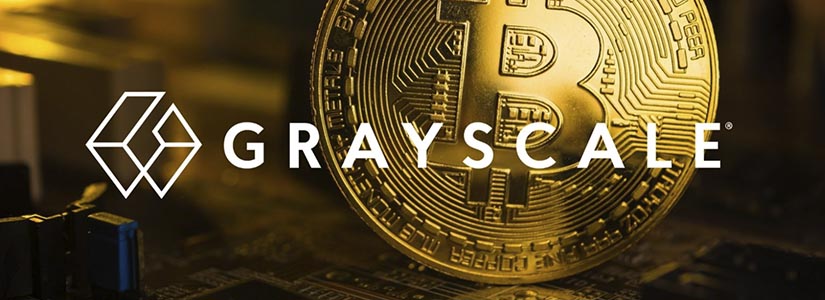TL;DR
- Grayscale requested the conversion of its Digital Large Cap Fund into an ETF, aiming to offer institutional investors more regulated access.
- Bitcoin rose 2.48% in 24 hours following the announcement, reaching $84,195.32, with a 34.7% increase in trading volume.
- Analysts predict that ETF approval could attract more institutional capital and strengthen the integration of the crypto sector with traditional markets.
Grayscale submitted an application to the SEC to convert its Digital Large Cap Fund into an exchange-traded fund (ETF). The goal of this initiative is to provide institutional investors with more agile, structured, and regulated access to the digital asset market.
The fund, currently registered in the Cayman Islands, would be publicly traded if it receives regulatory approval. This decision follows the strategy the company has applied in previous conversions, such as the transformation of its Bitcoin Trust into an ETF in 2024. Previous experience with these processes suggests that the transition could be completed within a similar timeframe, although it remains subject to regulatory review.
Market Reaction to Grayscale’s Proposal
The market reacted immediately to the news. Bitcoin saw a 2.48% increase in value over the past 24 hours, reaching $84,195.32. Trading volume rose by 34.7% during the same period, indicating increased investor interest. Despite these figures, Bitcoin’s price has declined by 9.58% over the last 90 days.
Michael Sonnenshein, CEO of Grayscale, stated that converting funds into ETFs makes it easier for investors to access the digital ecosystem. By offering a regulated financial vehicle, the company aims to attract more institutions that have so far exercised greater caution due to the lack of clear regulatory frameworks.
Facilitating the Entry of New Capital
Analysts have pointed out that Grayscale’s decision could influence the digital asset market in the long term. Greater regulatory acceptance of cryptocurrency ETFs would facilitate institutional capital inflow, increase liquidity, and reduce the gap between traditional markets and the crypto sector. Additionally, previous conversion experiences suggest that, if approved, this new product could significantly impact market structure.












